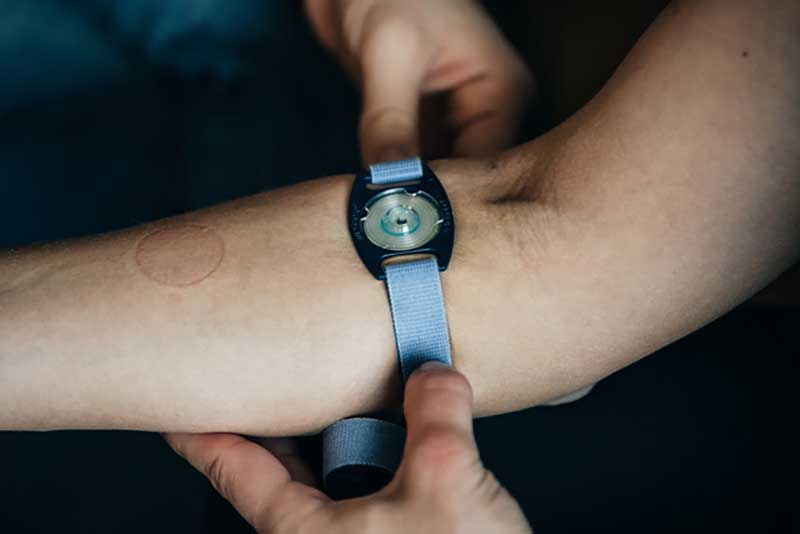Well... It turns out that I am a very salty guy!
Running - the more you dig into it the more there is to learn. It is a complex puzzle with some, at times, frustratingly ambiguous answers.
This week I took steps to remove some of that ambiguity when I visited Precision Fuel & Hydration HQ to talk about my sweat.
I was introduced to Precision Fuel & Hydration when I first met Ben and Justin from Maverick Race in Chamonix while I was guiding on their first-ever trail running camp in the Alps. They both raved about Precision Fuel & Hydration's products, gave me some stuff to try and after the camp I did a bit more digging.
There are plenty of sports drink brands out there but what impressed me straight away was Precision Fuel & Hydration's education first approach. I quickly learnt that, for most people, there is simply not enough sodium in most off the shelf drink products and after doing the online sweat test on their website it seemed clear that I was probably losing quite a lot of sodium when I sweat.
But why is it important to replace the sodium lost through sweat?
Well, most runners have an acute awareness that we need to replace electrolytes and by far the most important electrolyte when we are talking about athletic performance is sodium. It helps with muscle contraction, it helps our gut absorb nutrients, it keeps our brain functioning properly and, importantly for us runners, it keeps our fluids in balance.
Sodium is the main electrolyte in our extracellular fluid, which is where sweat is drawn from. Its role is to help absorb and retain more effectively the fluid that we put into our body. This, in turn, boosts blood plasma levels and having higher volumes of blood is a good thing! It is our blood that transports oxygen to our muscles (the more oxygen we can get to our muscles the better!) and helps keep us cool when we are working hard.
Many athletes also talk about the benefits of salts in the avoidance of muscle cramping. For me, and many others, the jury is out as to whether your intake of sodium dictates whether you cramp or not. A lot of research seems to suggest that the majority of exercise-related cramping comes from either muscle fatigue or sodium imbalance. For example, let's say that you have just run your first really hilly 20km at tempo pace having never run in the hills before. Your calves start cramping up after 10km...in this case, it is probably more likely to be a muscle weakness issue rather than a sodium imbalance. But, on the other hand, if you have been running for 10 hours in the heat, you are a well-trained ultra runner and your foot starts cramping up, it would be fair to say that this might be a sodium issue. Either way, there are lots of other good reasons why it is important to try and maintain the sodium levels in your body, and if as a side effect that has some impact on whether or not you cramp up, then that's a win!
Getting tested
After casually using Precision Fuel & Hydration products for the past 3 years and recommending them to every runner that I can convince to listen to me, I decided that it was time to delve a little deeper and get properly sweat tested. Knowing exactly how much sodium you lose in your sweat doesn't only help you to create a good race hydration strategy but can help in your daily training to aid recovery and make sure that you can get the most out of key training sessions.
The great thing about Precision Fuel & Hydration is that even though they are a large company working with some extremely high profile sports teams and athletes, they are not a faceless company. They are just as willing to take the time to sweat test a punter like me as they are testing a top F1 driver.
So this week I went down to the Precision Fuel & Hydration HQ in Christchurch, Dorset, to get some answers. Unlike a lot of other sports science testing, you don't have to put on your shorts and get on a treadmill. All I needed to do was sit back and relax while JP (Head of Customer Support at Precision Fuel & Hydration) chatted away and linked me up to some equipment. The process is remarkably simple. I rolled up my sleeve, 2 electrodes were attached to my lower arm and a 9v electrical current was passed through them to stimulate my sweat glands. After a few minutes, the nodes were taken off and replaced with an absorbent patch that drew my sweat into a tiny tube. This took about 20mins and while we waited for enough sweat to be soaked up JP asked me a bunch of questions to feed in specific information to their software to create the most accurate hydration strategy with the results.
Once enough sweat was collected it was then fed into their machine to give us the final results. What it told us was that in every 1ltr of fluid that I lose through sweating I lose 1579mg of sodium. On the scale that is a very high sweat sodium loss and will definitely have an impact on my training and racing. For context, most "sports drinks" only contain around 300mg of sodium per 500ml. From here, really specific advice was given about when to take certain amounts of sodium before, during and after racing and training.
It was fascinating and a really easy process. The results were clearly laid out and I feel that I now have a reliable strategy that I can fall back on. As I said at the beginning, it is hard for us to get unambiguous advice that we can use in our training, and it is great to get something that is fairly concrete and easy to work with.
Give them a call
If you are still in doubt as to whether this would be a good thing for you to do then you can use this link [ https://www.precisionhydration.com/book-a-sweat-expert-call/] to set up a video chat with one of the team. You won't just get some salesperson on the phone, you will speak to someone who has a deep understanding of the subject. And, honestly, they are really keen to talk to anyone!
Thanks to everyone down at Precision Fuel & Hydration, especially JP for giving up his time to get me tested. In an oversaturated market of crappy sports hydration/nutrition products, it's great to see a company that knows what it's talking about, values evidence-based research and wants to educate people.



















